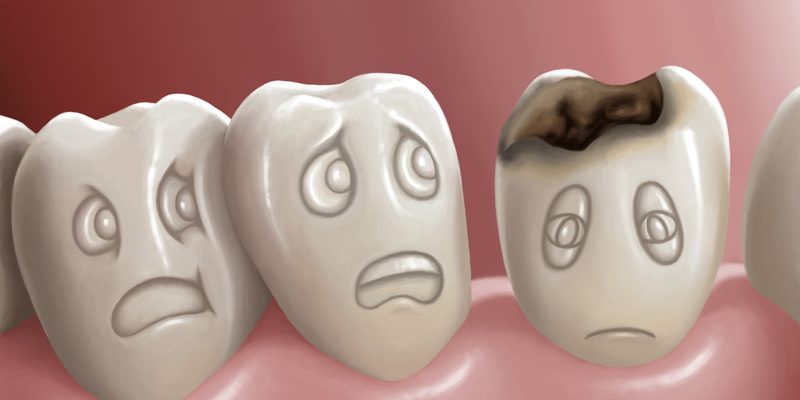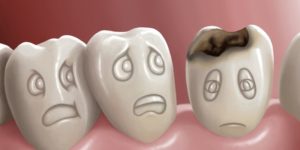What Do Experts Say About Tooth Cavity and Its Remedy?
We know the risks that tooth cavities bring, but many of us are not aware of how widespread this dental problem is. Every year, tooth decay is becoming one of the most common diseases, plaguing mouths all around the world. It is reported that one in five Americans has untreated cavities. At the very least, untreated cavities experience tooth pain. There are several ways to prevent cavities from forming, and how they can be stopped to prevent more damage.
How Do Cavities Form?
Cavities develop when the mouth interacts with fermentable carbohydrates and refined sugars like the ones found in sweets and soda. The mixture of sugar and bacteria creates acid which causes the loss of the phosphate and calcium in the teeth’ enamel, allowing it to form. Cavities can also happen if the tooth root has been exposed because of receding gums, or if you have a dry mouth since you will have less of the acid-neutralizing saliva that guards the teeth.
How are Cavities Treated?
Decayed teeth can be saved with restorative treatment by your dentist. For example, white spot lesions are early cavities treatable by mineralization, which hardens the tooth enamel with fluoride or calcium. R restorative methods include root canals, pulp capping, and fillings. A filling is done if the decay has not reached the pulp or nerve of the teeth. Your dentist will perform an examination to determine if the nerve is affected. Teeth that are badly decayed will have to be extracted.
How are Cavities Prevented?
When drinking sugary beverages, consider consuming them with your meals to limit the exposure of your teeth to acid from carbohydrates and sugars. The cavity can also be prevented by taking calcium-rich foods and supplements. Regularly change your toothbrush and brush and floss daily. Your dentist can apply sealants on your molars and premolars to protect them from acid and bacteria, but you still have to visit your dentist twice a year for scaling and cleanings.
Still, the easiest way to prevent dental cavities is to be aware of how they are formed. While remineralization is able to take care of those white lesions, it is still best to see a professional to deal with deeper cavities. Remember that prevention is always better than cure, so it is essential that you make the necessary dietary changes and oral hygiene habits as soon as possible. Also, go on regular visits to your dentist to spot cavities as they are forming.






 |
|